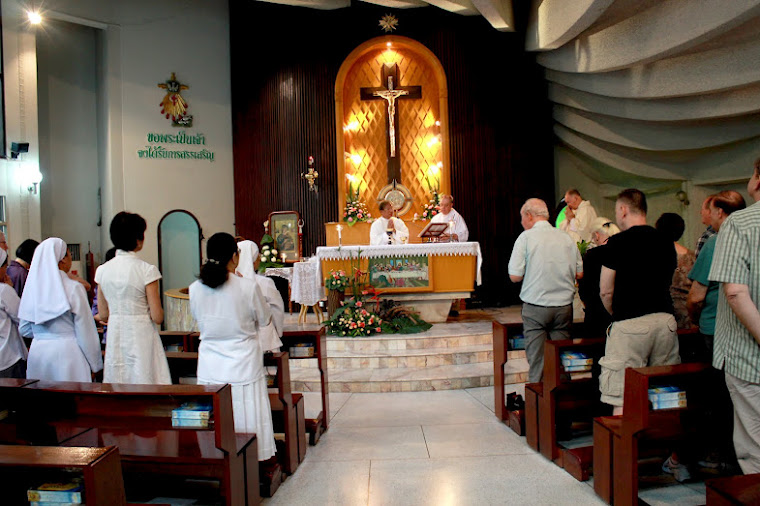Yesterday, I was at the Bangkok Refugee Centre. I went to the administration to ask about one case. On being given the information, the Thai officer commented that he is that moody person. Well actually, this is referring to two years ago when he got angry over an issue and blotted his copybook for ever with Thais who brand non-Thais who get angry as being totally uncouth and as ones to punish and avoid. I just thought to myself that if I was in his situation of being a long-term refugee, I would be moody too.
During the week at the same place but with another Thai staff, I mention another one of the urban refugee population, naming him as a good guy. The automatic response was that he is an angry man. I wondered what happened here. I then named him as a good man who gets angry. I then heard the story. When I heard what happened, I replied that he had a reason to be angry but the reality is that he, like the rest of them, does not have the luxury in his situation to express his anger. If he does get angry, he just earns the disrespect and judgement of such Thais.
Why?
Basically, it is because there is a strand of Thai that looks down on outsiders who show anger. They just see them as being ungrateful for help they receive in Thailand and as being ungracious and even dangerous and so to be avoided or put to the side. Yet anger is a human emotion. It is part of life. The issue becomes how you express it. With the urban refugee population, you need to see here a wounded people who need direction and to be challenged in good ways, not a people just to be judged and dealt with as if they were the bad guys in the story.


No comments:
Post a Comment